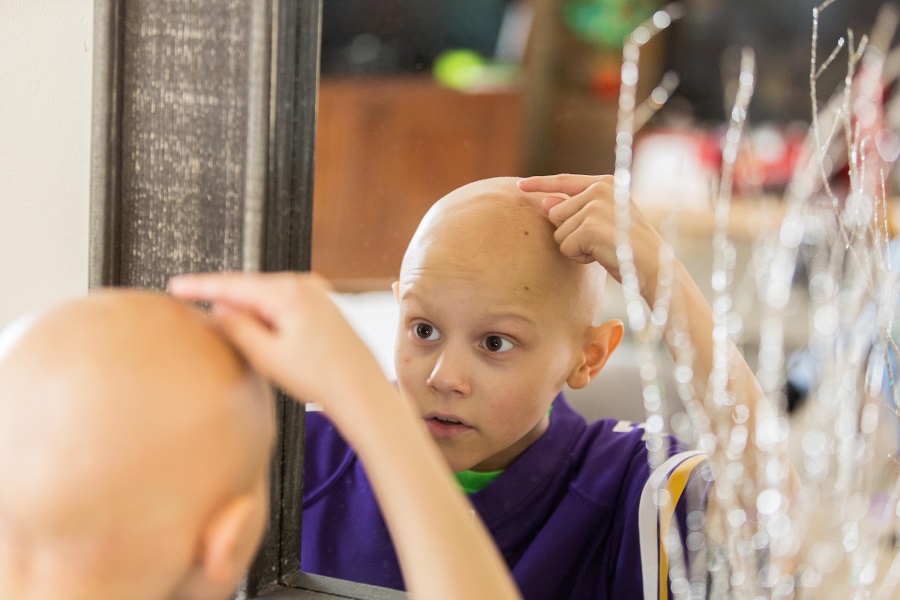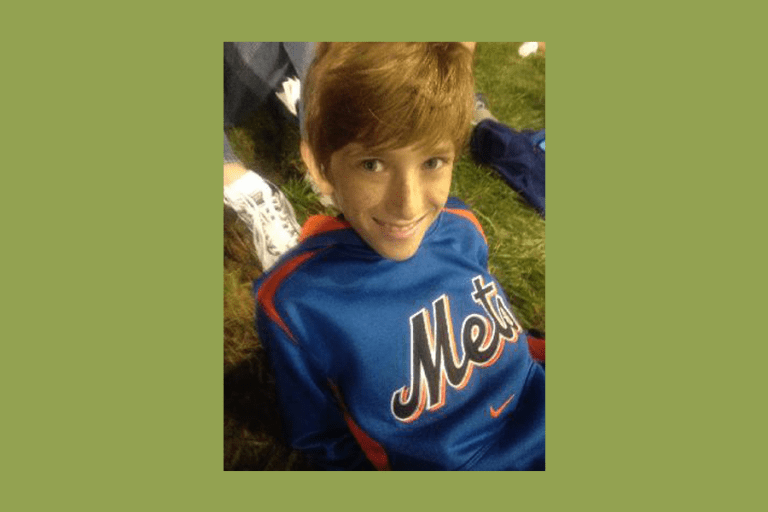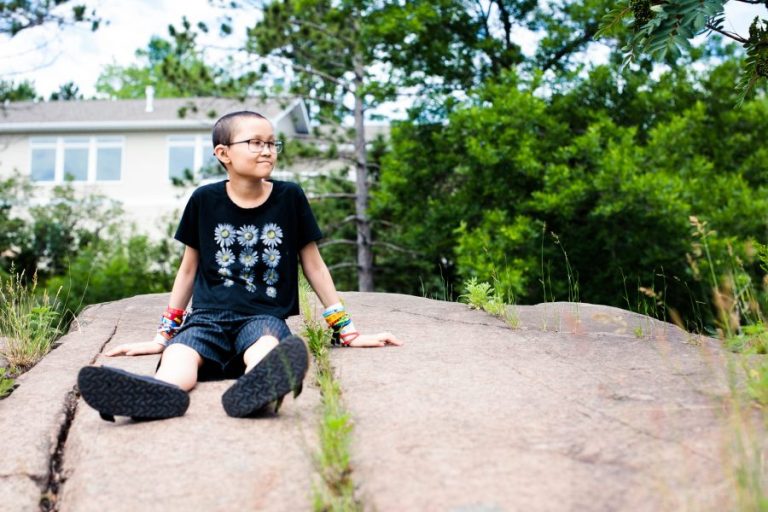Texas
The problem: The survival rate of children whose Ewing sarcoma cancer has spread is nothing short of heart-breaking, and only 20% of children with this cancer live for 5 years after the cancer returns.
But Raushan Kurmasheva, PhD at the University of Texas Health Science Center at San Antonio, is making a novel Ewing sarcoma therapy less toxic.
“Current therapies for children with relapsed or metastatic Ewing sarcoma are not effective,” said Dr. Kurmasheva. Recently, she and her colleagues published a study on a powerful therapy regimen using PARP1 inhibitor and DNA damaging agent, which worked well in mice with Ewing sarcoma tumors. But currently, the drug combination is too toxic and that is a critical problem that needs to be urgently addressed.
How her research will help: Dr. Kurmasheva found that two proteins (called PARP1 and MGMT) work together to repair damaged DNA. Using the Emerging Scientist Award, she is aiming to discover a drug that will help these proteins prevent her new therapy from being too toxic. The funding will also help them understand the mechanisms behind the proteins function. If successful, she and her team can create a new lifesaving treatment for Ewing sarcoma patients who have no other options. Using proteins to repair damaged DNA could also apply to many other cancers. “CCRF generously honored me with this award, which provides an opportunity and valuable support to test my discovery,” she said.
Support Groundbreaking Research
Researchers like Dr. Kurmasheva have both big, ambitious ideas and the talent to act on them. But without your support, researchers would not have the funds they need to move their potentially groundbreaking work forward. Your donation makes research breakthroughs possible.




